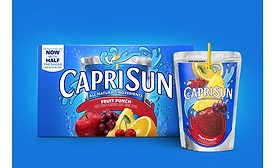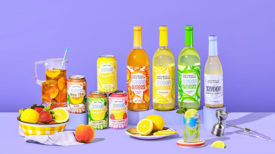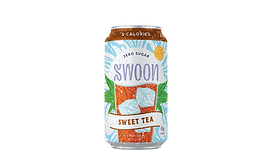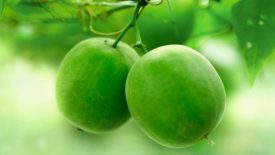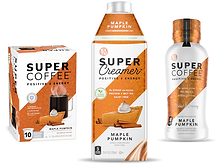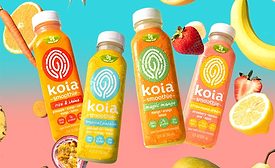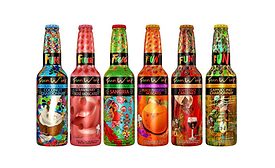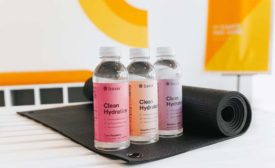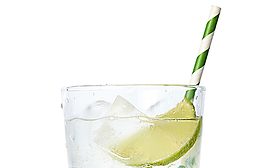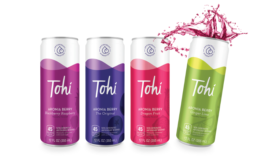Home » monk fruit
Articles Tagged with ''monk fruit''
Monk fruit concentrate helps brand reduce sugar by average of 40%
Read More
Up Close With
Swoon brings nostalgia, sweetness without any sugar
Company turns to monk fruit for Lemonades, Iced Teas, Simple Syrups and Mixers
June 15, 2022
R&D Feature
Nature-made sugar reduction ingredients having a ‘sweet’ time
Stevia represents 6% of new product beverage launches in 2021
February 22, 2022
Up Close With
Super Coffee champions health, kicks out sugar
Brand’s marketing campaign mixes in health, positivity
October 28, 2021
R&D Feature
Ingredient suppliers expand arsenal of ‘sweet solutions’
Consumers seeking beverages with reduced added sugars and calories
March 10, 2021
FUN WINE releases new collection, new packaging
Hard Bubbly line sweetened with monk fruit, 330-ml aluminum bottles added
September 11, 2020
Sweetening solutions gain momentum in reducing sugar content, improving taste
New partnerships and products increase sweetener distribution
March 20, 2019
Elevate your expertise in the beverage marketplace with unparalleled insights and connections.
Join thousands of beverage professionals today. Shouldn’t you know what they know?
JOIN NOW!Copyright ©2025. All Rights Reserved BNP Media.
Design, CMS, Hosting & Web Development :: ePublishing
